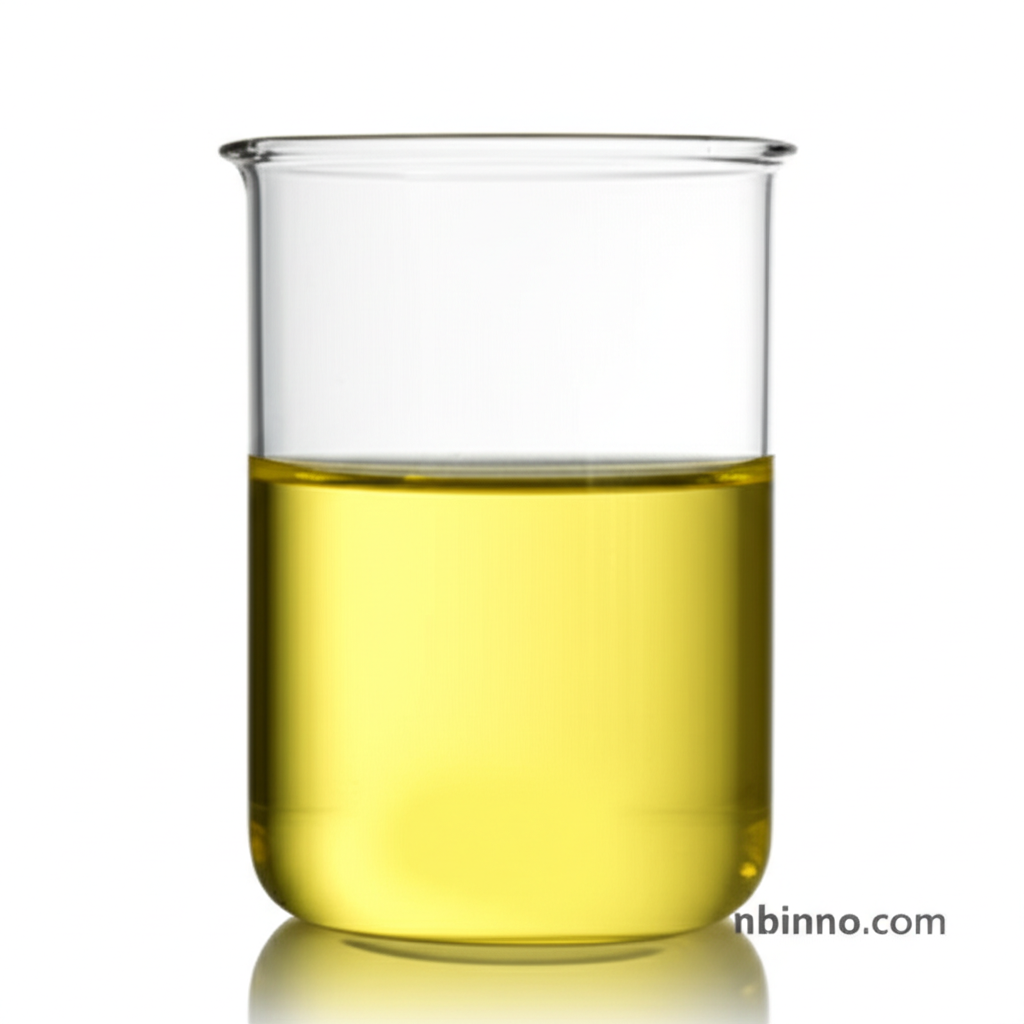Di-tert-butylchlorophosphine: High-Purity Ligand for Efficient Cross-Coupling Reactions | Supplier
Discover the crucial role of Di-tert-butylchlorophosphine (CAS: 13716-10-4) in advancing your organic synthesis. As a premier supplier, we offer high-purity Di-tert-butylchlorophosphine, a vital component for achieving superior results in palladium-catalyzed reactions. Unlock enhanced efficiency and explore new synthetic pathways with our reliable chemical solutions.
Get a Quote & SampleAchieve Superior Catalytic Performance with Our Di-tert-butylchlorophosphine

Di-tert-butylchlorophosphine
As a leading manufacturer and supplier of specialty chemicals, we offer high-purity Di-tert-butylchlorophosphine (CAS: 13716-10-4) to meet the demanding needs of the chemical industry. Our product is a colorless to light yellow liquid, essential for creating advanced catalytic systems. We ensure consistent quality and availability for bulk purchases, making us your trusted partner in China for essential research and industrial compounds.
- Unlock Enhanced Efficiency in Suzuki-Miyaura Coupling: Our Di-tert-butylchlorophosphine acts as a crucial bulky ligand, significantly boosting the performance of palladium-catalyzed Suzuki-Miyaura cross-coupling reactions, a key application for many R&D scientists and procurement managers.
- Enable Advanced Asymmetric Hydrogenation: This compound is instrumental in synthesizing mono- and bidentate phosphine ligands for metal complexes, vital for achieving chiral asymmetric hydrogenations with high enantioselectivity.
- Facilitate Diverse Transition Metal Coupling: Di-tert-butylchlorophosphine supports a range of transition metal coupling reactions, offering versatility for product formulators and research chemists seeking reliable reagents.
- Ensure Quality from a Trusted Supplier: Source Di-tert-butylchlorophosphine directly from a reputable manufacturer in China, guaranteeing competitive pricing and reliable supply chain for your ongoing production needs.
Key Advantages of Sourcing Di-tert-butylchlorophosphine
High Purity and Consistency
Our Di-tert-butylchlorophosphine (CAS: 13716-10-4) is supplied with a purity of 97% minimum, ensuring reliable and reproducible results in your catalytic processes. This consistency is paramount for R&D scientists aiming for accurate experimental outcomes.
Versatile Ligand in Catalysis
As a versatile phosphine ligand, it plays a pivotal role in enhancing catalytic activity and selectivity in critical reactions like Suzuki-Miyaura coupling, making it a sought-after intermediate for pharmaceutical and agrochemical synthesis.
Reliable Supply Chain from China
Leverage our strong manufacturing base in China to secure a stable and cost-effective supply of Di-tert-butylchlorophosphine. We cater to bulk orders and provide timely delivery to meet your production schedules.
Applications of Di-tert-butylchlorophosphine
Suzuki-Miyaura Cross-Coupling
Utilized as a bulky ligand with palladium(II) acetate to facilitate efficient cross-coupling of arylboronic acids with aryl bromides and chlorides, crucial for synthesizing complex organic molecules.
Chiral Asymmetric Hydrogenation
Serves as a precursor for mono- and bidentate phosphine ligands in metal complexes, essential for catalyzing highly selective chiral asymmetric hydrogenations in pharmaceutical research and production.
Transition Metal Catalysis
Broadly applied in various transition metal coupling reactions, offering flexibility for product formulators and researchers seeking to develop new synthetic methodologies.
Catalytic Polymerization
Plays a role in the synthesis of other phosphines, which are subsequently used in catalytic polymerization processes, indicating its importance in materials science.
